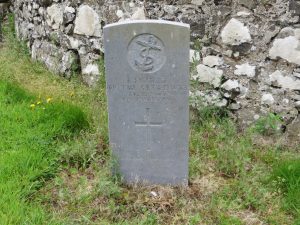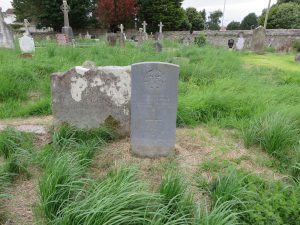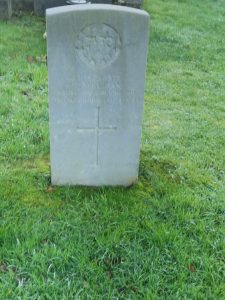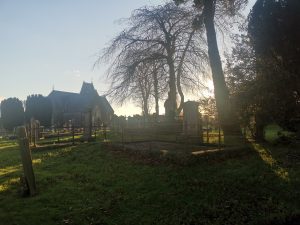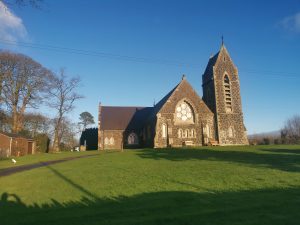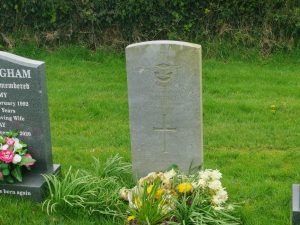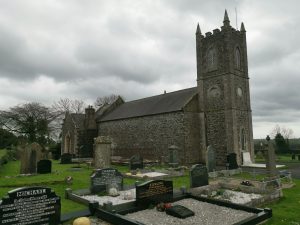Earp, F (Frederick)

Earp, F (Frederick)
Private Frederick Earp was the son of Charles and Elizabeth Earp, of 22 Alfred St., Handsworth, Birmingham.
Frederick moved to the city with the 3/4th Reserve Battalion of the Dorsetshire Regiment during April 1918.
At the beginning of October 1918, Private Earp fell ill with influenza. He suffered for five days before it developed into pneumonia which he had for another two and a half days before it took his life.
It is possible though that he may have died from the 1918 outbreak of the Spanish Flu pandemic.[1]
The Spanish flu is rather deceiving as it did not originate in that country of its namesake. Spain though was the first country to openly report on the pandemic due to its neutrality in the war. Therefore, the illness received its name by this association.
The outbreak began around January 1918 and ended at the end of 1920. There were three major outbreaks, each deadlier than the previous. Great efforts were made to suppress the news, but so many people were affected that it became pointless as the flu crept through the armies and into the villages, towns, and cities of Europe. There were no vaccines to protect against this flu virus or the infections, no antiviral drugs to treat it and no antibiotics to treat secondary bacterial infections like pneumonia. The only tools that authorities could implement was the promotion of good personal hygiene, isolation, and quarantine of the ill, along with the closures of public places.
There are several servicemen in the City Cemetery who possibly died of the illness, most of whom were diagnosed with meningitis, flu, or pneumonia. It especially affected young adults.
Private Frederick Earp was not eligible for any medals as he never left the UK or entered a theatre of war. No further information can be found.
Date of Death: 16/10/1918 (Aged 18)
Service: Private, Dorsetshire Regiment, 4th Reserve Battalion.
Service Number: 43332
Burial Location: Londonderry (or Derry), City Cemetery, GD. Mil.
[1] Spanish Flu: 50 to 100,000,000 deaths.
